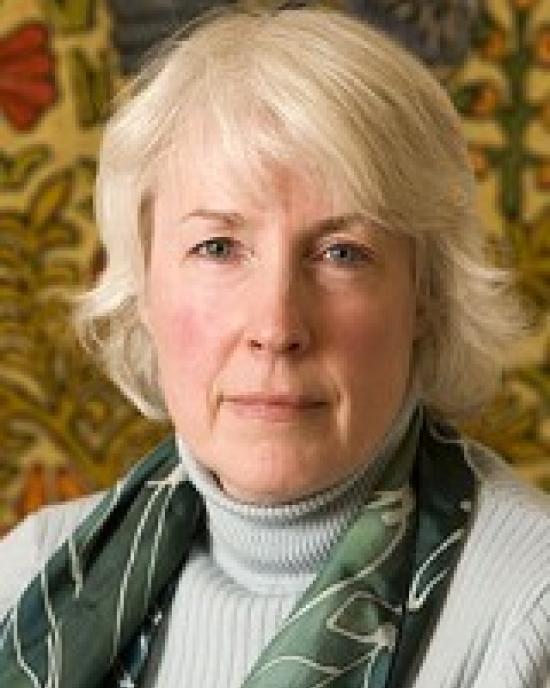
Carol Carpenter
Senior Lecturer in Natural Resource Social Science and Adjunct Lecturer in Anthropology

Senior Lecturer in Natural Resource Social Science and Adjunct Lecturer in Anthropology
Dr. Carpenter’s teaching and research interests focus on the social science of conservation and sustainable development, the social science of the global economy, relations between economy and ecology, the impacts of these relations on agriculture in developing countries, and the theories that underlie this social science. She spent four years in Indonesia in the early 1980s engaged in household and community-level urban research on rituals and social networks. She then spent four years in Pakistan in the late 1980s working as a development consultant, primarily on social forestry issues, for USAID, the World Bank, and the Asia Foundation, among others. She has held teaching positions at Syracuse University, the University of Hawaii, and Hawaii-Pacific University, and a research position at the East-West Center. She has taught at the Environment School at Yale since 1998. She is a fellow of Grace Hopper College.
I am an environmental anthropologist with area expertise in Indonesia and Pakistan. My research focuses on the relationship between human societies and the environment, especially on how this relationship is modeled in conservation and sustainable development policy and in the literature of environmental anthropology. Current research interests include:
Dr. Carpenter is an environmental anthropologist with experience in conservation and sustainable development. Her teaching interests include the theoretical history of environmental anthropology and the history of social science thought about conservation and sustainable development. Dr. Carpenter teaches the following courses:
Ph.D., M.A. Cornell University, B.A., Binghamton University